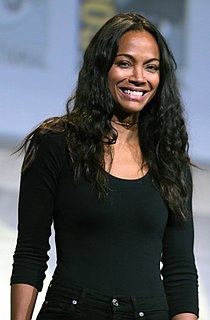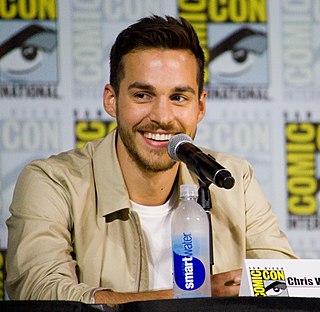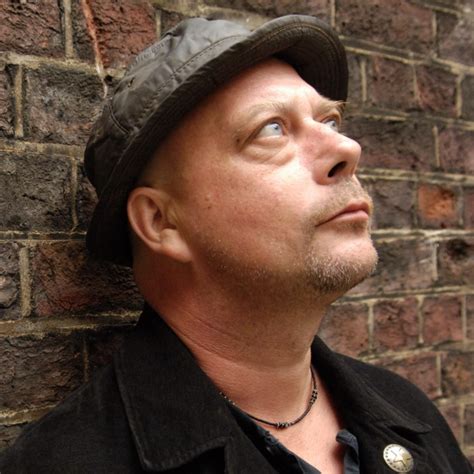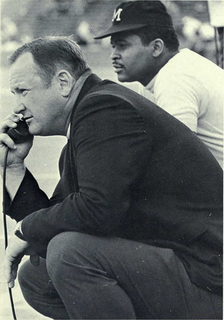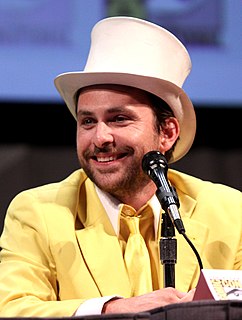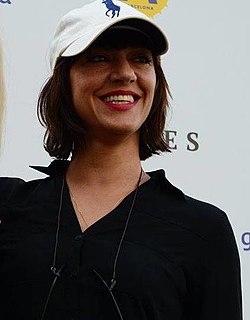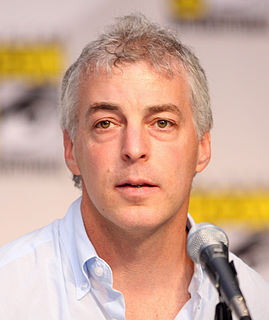A Quote by Zoe Saldana
Every character has their reasons - even the characters who do dumb things.
Quote Topics
Related Quotes
Like, in general I think people have very complicated reasons for wanting things, and we often have no idea whether we’re actually motivated by altruism or a desire to hook up or a search for answers or what. I always get annoyed when in books or movies characters want clear things for clear reasons, because my experience of humanness is that I always want messy things for messy reasons.
Any script, even like The Founder, if it's something that I imagine myself playing this character or that character - any of the characters, basically - how do we flesh these characters out to be good enough to have amazing actors that come in that make it really difficult for them to say no? Even though I'm not right for any of those parts, that's just kind of how we go about it.
It's just like they approach things on every movie I've worked on, very much as if it was a live-action movie. The character you're playing, even though he's a rooster and is really stupid, you approach it in the same way you would approach Hamlet, which is exactly how I approached it. But they give you the circumstances. "You're on the boat. You didn't expect to be here. You just climbed in a boat to maybe sleep. You don't even know why you climbed in the boat. You're really that dumb.
Every coach, every executive, every leader: They all know right from wrong. Even those Enron guys. When someone uncovers a scandal in their company, I don't think they can say, "I didn't know that was going on." They're just saying they're too dumb to do their job! And if they really are too dumb, then why are they getting paid millions of dollars to do it? They know what's going on.
When you are writing, you have to love all your characters. If you're writing something from a minor character's point of view, you really need to stop and say the purpose of this character isn't to be somebody's sidekick or to come in and put the horse in the stable. The purpose of this character is you're getting a little window into that character's life and that character's day. You have to write them as if they're not a minor character, because they do have their own things going on.
I believe that every character I create is in their own film, that happens to overlap with the main film. There are complete and real characters, even though we only spend only a little time with them. In the approach to what those entities are, that always appeals to an actor. What are they, since they are going to embody this character?
What's actually amazing is that, after a couple of years of living with characters and writing characters and talking about characters, as we sit in the writers room and break episodes, it strikes you, every once in awhile, that you're talking about a character that's played by the same actor, who you've been talking about forever. We talk about a character dying, so you get emotional, and then you realize, "Oh, but wait, that actor is still on the show."
